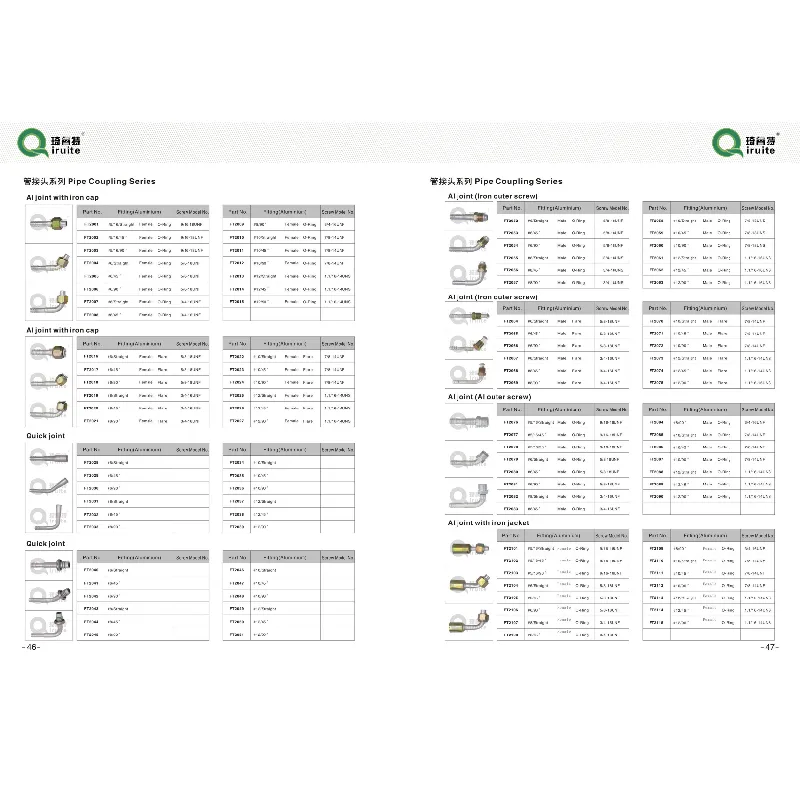Essential Hose Connectors for Home and Industry
In both household and industrial environments, the efficiency of water and hydraulic systems relies heavily on components often overlooked: the washing machine hose connector, flexible pipe connector, and hydraulic hose pipe. These elements form the backbone of fluid transfer systems, ensuring durability, adaptability, and safety. This article explores their roles, applications, and maintenance practices to help users optimize performance and prevent costly failures.

The Critical Role of the Washing Machine Hose Connector
The washing machine hose connector is a small yet vital component that links your appliance to the water supply. Typically made from reinforced rubber or thermoplastic, these connectors are designed to withstand constant water pressure and temperature fluctuations. A faulty connector can lead to leaks, which may cause water damage or appliance malfunction.
Modern washing machine hose connectors often feature burst-resistant designs, with stainless steel braiding or multiple polymer layers for added strength. When selecting one, ensure it matches your machine’s inlet size and water pressure specifications. Regular inspections for cracks, bulges, or corrosion can prevent unexpected leaks. Replacing these connectors every five years—or sooner if wear is visible—is a proactive way to safeguard your home.
Flexible Pipe Connectors: Versatility in Plumbing Systems
The flexible pipe connector is a cornerstone of modern plumbing due to its adaptability. Unlike rigid pipes, these connectors absorb vibrations, accommodate misalignments, and simplify installations in tight spaces. They are commonly used in appliances like dishwashers, water heaters, and, of course, washing machines.
Constructed from materials like EPDM rubber or PVC with stainless steel fittings, flexible pipe connectors balance flexibility with durability. Their corrugated or braided designs allow bending without kinking, ensuring uninterrupted water flow. In industrial settings, they connect pumps, valves, and machinery, reducing stress on piping systems. When installing, avoid over-tightening to prevent damage, and ensure compatibility with the fluids being transported.
Hydraulic Hose Pipes: Powering Industrial Machinery
In heavy machinery and industrial equipment, the hydraulic hose pipe is indispensable. These hoses transmit pressurized hydraulic fluid to power components like cylinders, motors, and brakes. Designed to endure extreme pressures (often exceeding 3,000 psi), they are built with multiple layers of synthetic rubber, thermoplastic, or Teflon, reinforced with steel or textile braids.
The hydraulic hose pipe must resist abrasion, temperature extremes, and chemical exposure. For instance, in construction equipment, they ensure precise movement of excavator arms or bulldozer blades. Regular checks for leaks, abrasions, or swelling are critical. Using hoses rated for specific pressure thresholds and fluid types is non-negotiable for safety and efficiency.
Maintaining washing machine Hose Connectors and Pipes for Longevity
Proper maintenance of washing machine hose connectors, flexible pipe connectors, and hydraulic hose pipes extends their lifespan and prevents failures. Start with visual inspections: look for cracks, leaks, or wear. For washing machines, ensure hoses are not twisted or pinched. In hydraulic systems, monitor for fluid leaks, which indicate hose degradation.
Replace components at recommended intervals—even if they appear intact. For example, flexible pipe connectors in high-vibration environments may degrade internally before showing external damage. Flushing hydraulic systems periodically removes debris that could erode hoses. Always follow manufacturer guidelines for installation and storage to avoid premature wear.
Washing Machine Hose Connector FAQS
What causes a washing machine hose connector to fail?
Failure often results from aging materials, excessive water pressure, or improper installation. Regular replacement and using pressure-rated washing machine hose connectors mitigate risks.
Can a flexible pipe connector handle hot water?
Yes, if made from heat-resistant materials like EPDM rubber. Always check temperature ratings flexible pipe connector before installation.
Why are hydraulic hose pipes reinforced with steel?
Steel braiding or spiral layers provide tensile strength, hydraulic hose pipes to withstand high-pressure surges without bursting.
How do I choose the right flexible pipe connector?
Consider flexible pipe connector fluid type, temperature, pressure, and environmental conditions. Opt for corrosion-resistant materials in humid areas.
Are hydraulic hose pipes reusable after a leak?
No. Hydraulic hose pipes once compromised, they cannot be safely repaired. Immediate replacement is necessary to prevent system failure.
From household appliances to industrial giants, components like the washing machine hose connector, flexible pipe connector, and hydraulic hose pipe ensure seamless operations. By understanding their functions, selecting quality materials, and adhering to maintenance schedules, users can enhance safety, efficiency, and longevity across systems. Investing in these connectors today prevents tomorrow’s disruptions.
The washing machine hose connector, flexible pipe connector, and hydraulic hose pipe are indispensable components in fluid management systems, serving critical roles across residential and industrial applications. The washing machine hose connector ensures a secure, leak-free link between appliances and water supplies, with burst-resistant designs to handle pressure fluctuations. Meanwhile, the flexible pipe connector provides adaptability in plumbing systems, absorbing vibrations and simplifying installations in confined spaces through its corrugated or braided structure. In industrial settings, the hydraulic hose pipe stands out for its ability to transmit high-pressure hydraulic fluids, powering heavy machinery with reinforced layers to endure extreme conditions.
Proper maintenance—such as routine inspections for wear, compatibility checks, and timely replacements—is essential to prolong the lifespan of these components. Neglecting the washing machine hose connector risks water damage, while a compromised flexible pipe connector or hydraulic hose pipe can lead to system failures or safety hazards. By prioritizing quality materials and adherence to maintenance guidelines, users ensure reliability, efficiency, and safety in both household appliances and industrial machinery. These connectors and hoses collectively underscore the importance of robust, well-maintained fluid transfer systems in modern infrastructure.
-
Quick Release Ball Joint – Tool-Free, Durable, Leak-Tight소식Nov.13,2025
-
Spiral Guard Hose Protection — Durable, UV-Resistant Wrap소식Nov.13,2025
-
SAE J1401 Brake Hose Specifications: Durable, Low Expansion소식Nov.13,2025
-
SAE J1401 Brake Hose Specifications | DOT-Approved, Durable소식Nov.13,2025
-
Spiral Guard Hose Protection - Abrasion-Resistant, UV-Stable소식Nov.10,2025
-
SAE J1401 Brake Hose Specifications | DOT-Certified, Durable소식Nov.10,2025

